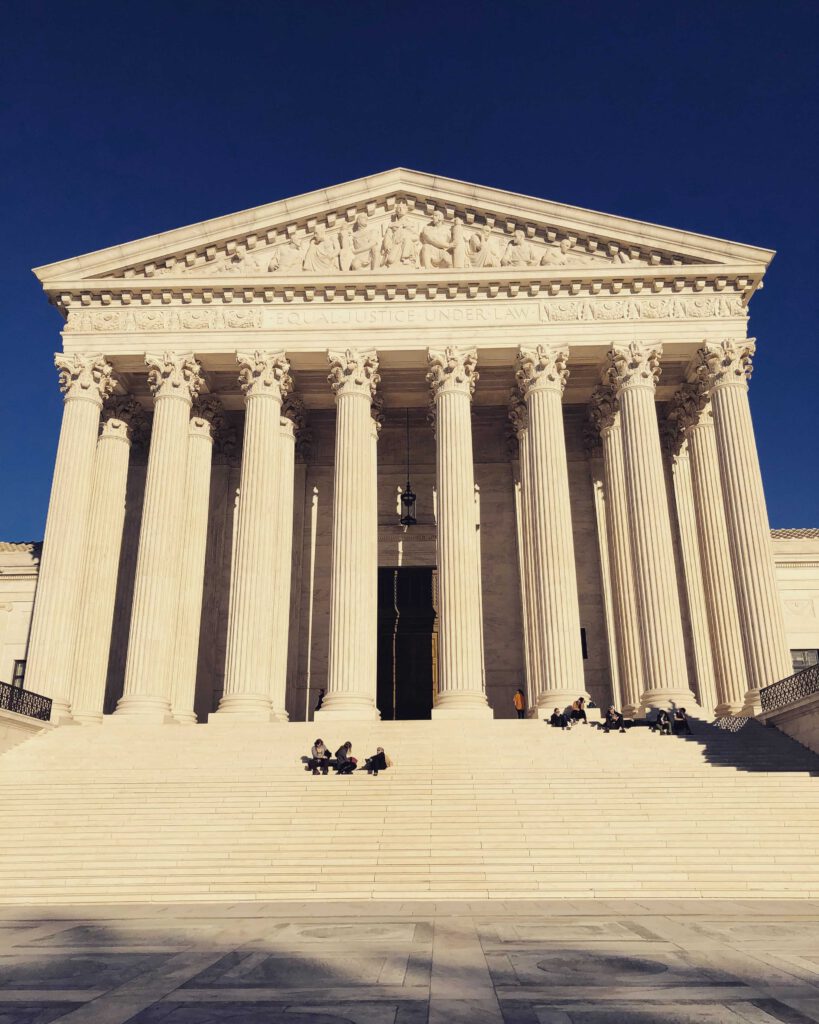Amicus Briefs
FDA v. R.J. Reynolds Vapor Company; RJR Vapor Company L.L.C.; Avail Vapor Texas, L.L.C.; and Mississippi Petroleum Marketers and Convenience Stores Association
CASE SUMMARY
Under the Family Smoking Prevention and Tobacco Control Act (“TCA”), manufacturers need FDA approval to sell certain e-cigarette or “vaping” products. R.J. Reynolds Vapor Company applied for permission to sell its “Vuse” e-cigarettes. FDA denied the application, which prevents all retailers from selling the Vuse e-cigarettes—ones they were allowed to sell while the application was pending. So, several retailers filed a petition for review in the U.S. Court of Appeals for the Fifth Circuit, stating that FDA’s decision “adversely affected” them by costing them lost sales. But FDA moved to dismiss their petition, arguing that the only person who could be “adversely affected” under the TCA is the manufacturer who filed the denied application. The Fifth Circuit rejected FDA’s argument, ruling that the retailers have standing to bring their petition for review of the order. The Supreme Court agreed to hear this case to address that issue and whether venue was appropriate in the district court.
If FDA had managed to narrow the scope of the TCA’s judicial review provision, the same limitation might have been applied to many other statutes that provide for judicial review of agency actions across the Administrative State. Many individuals and businesses harmed by agency action would then have been prevented from seeking relief in federal court. NCLA’s amicus brief explained why it was important for the Supreme Court to respect Congress’s decision to make judicial review broadly available to all those who are “adversely affected” by FDA’s denial decision.
In June 2025, the Supreme Court ruled that everyone adversely affected by FDA’s order can challenge the agency in court, citing NCLA’s amicus brief.

